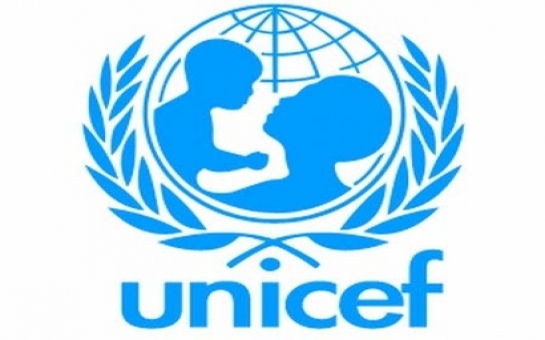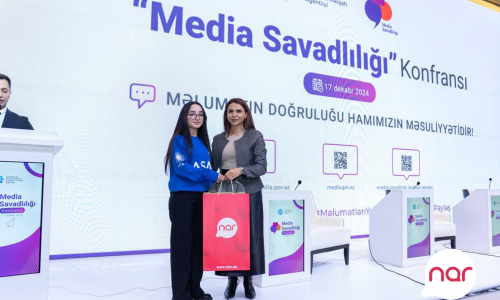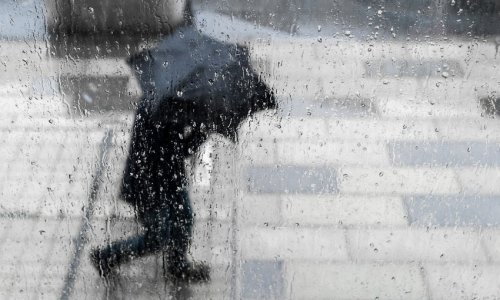Follow us !
Urgent policy action or lose another generation
Society
17:44 | 03.12.2013

Urgent policy action or lose another generation
says UNICEF report, The State of the World`s Children 2013, which focuses on children with disabilitiesBAKU, 3 December 2013 - Although significant reforms have been undertaken throughout Central and Eastern Europe the South Caucasus and Central Asia in support of children with disabilities and many positive changes are occurring, millions of children with disabilities are still left out, forgotten and invisible, UNICEF Azerbaijan Representative Mark Hereward said.He was commenting on UNICEF’s flagship publication, The State of the World`s Children 2013, which focuses on children with disabilities during a round table organized on the International Day of Persons with Disabilities by the Ministry of Labour and Social Protection, the Ombudsman’s office, UNICEF and the Union of Disabled People Organizations of Azerbaijan.The Report finds that the key to children with disabilities surviving and thriving is for them to have access to adequate services from the earliest years, grow up in caring families and to study in their local schools.Of the estimated 5.1 million children with disabilities in the region, approximately 3.6 million are not counted in social registers, a basic child right, and as a consequence are lost and excluded from their own societies. Those who are registered are often exiled to state run residential institutions or do not go to school, another fundamental child right.Addressing this requires urgent and inter-sectoral policy responses, UNICEF believes. “Children with disabilities are the most vulnerable in society. While this region has developed good global practices and has undertaken significant child welfare reforms, we now need to accelerate the process of inclusion of children with disability in society,” said Hereward. The State of the World`s Children report outlines ways for governments, the private sector, international donors and agencies, parliamentarians and other stakeholders to advance this agenda through strong partnerships. It renews the call for all governments to sign, ratify and effectively implement the Convention of the Rights of Persons with Disabilities (CRPD) As of February 2013, 128 countries in the world have signed it as well as the European Union. In this region, 15 countries have ratified it. Georgia, Kazakhstan, Kyrgyzstan and Uzbekistan have signed but not ratified while Belarus and Tajikistan are not signatories.“Azerbaijan was one of the first countries in the region to ratify the Convention on the Rights of Persons with Disability, and UNICEF is encouraged to see the work now starting in Azerbaijan so all children can grow up without discrimination, regardless of whether or not they have disabilities, and can have equal opportunities throughout their lives,” he said.Besides ratification of the CRPD, UNICEF recommends to: • Dismantle all barriers to inclusion. This requires a change of perception: recognising that children with disabilities` active presence and voice will not only help them but improve society as a whole as it gives everyone greater appreciation of diversity and tolerance. • Generate reliable and comparable data needed to guide planning and resource allocation that realizes the rights of and the inclusion of all children. Society cannot be equitable unless all children are included and children with disabilities accounted for and rendered visible and active members of their own communities. • End the institutionalization of children with disabilities with a moratorium on new admissions. UNICEF and governments are supporting families to prevent separation and end placement of children under three in large-scale institutions. Of the 600,000 children in institutions in the region, many have disabilities. • Ensure that children with disabilities are identified as soon as possible and receive essential services so that that they are able to reach their full potential. Evidence confirms that the youngest age group (0-3 years) of children with disabilities lack access to specialist care and services in many countries of the region. • Guarantee the right for all children to go to their local schools so that children, with and without disabilities, attend the same classes with additional, individually tailored support as needed. ANN.Az










